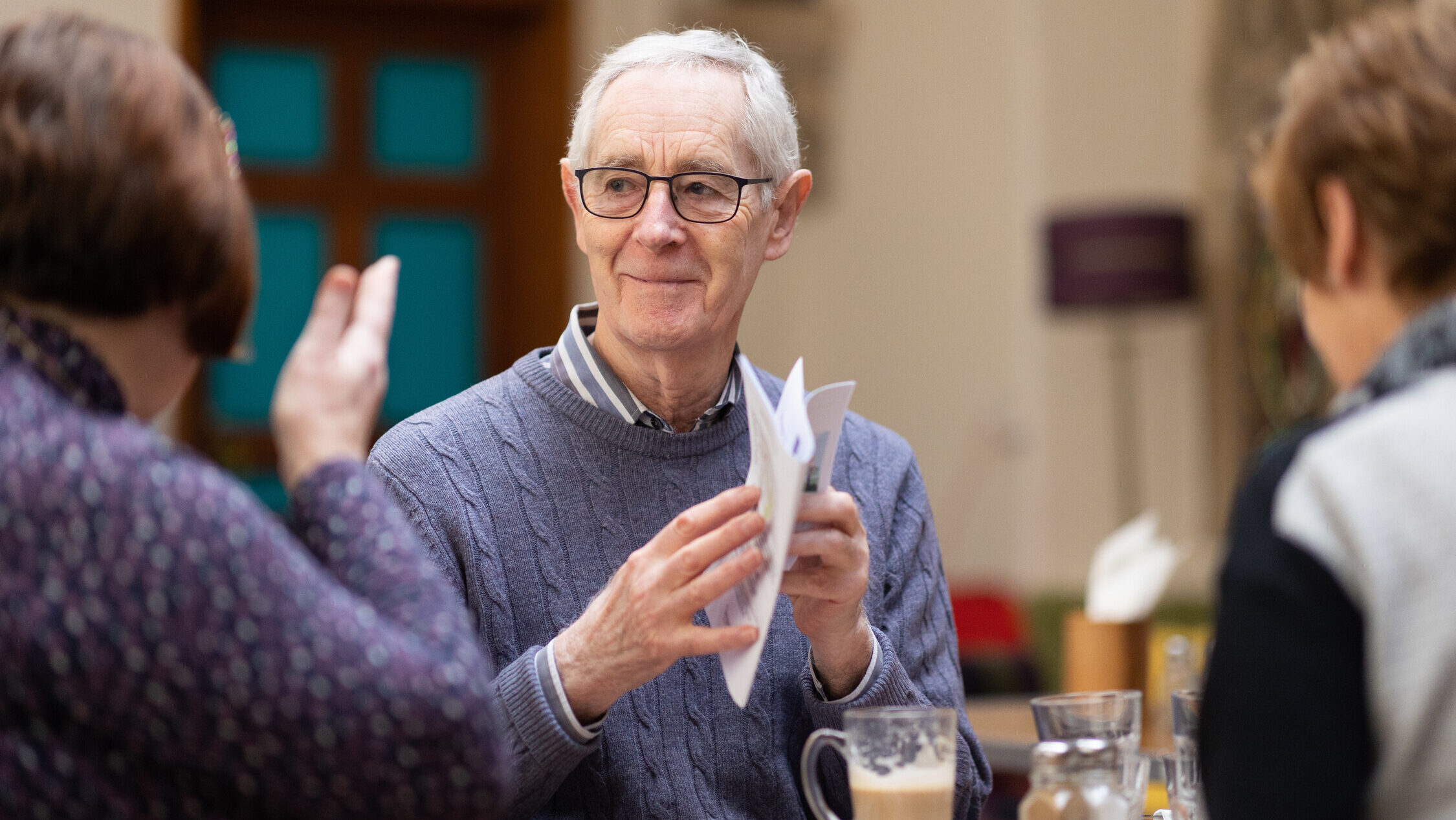Please note: The content on these pages is currently being co-designed with people who will use it. Your feedback is welcome as we continue to refine and improve these resources.

It’s normal to have difficult or unwanted feelings from time to time, and talking about them can really help. Whether it’s with a GP, a friend, or a therapist, sharing how you feel is often the first step toward feeling better.
Why talking helps
Older people are sometimes more likely to be prescribed medication instead of being offered talking therapies. But studies show that talking therapies can be helpful at any age. Opening up to someone can make a big difference in how you manage your feelings.
Ageism: What’s the harm?
Ageism, or negative attitudes about ageing, can affect both our physical and mental health. A report by the Centre for Ageing Better (2023) found that older people with mental health concerns are more likely to be prescribed antidepressants and less likely to be referred for talking therapies than younger adults. But counselling and talking therapies can be just as helpful in later life.
Who can I talk to?
Sharing how you feel might be difficult, especially if you’re not used to it. If you’re worried or unsure about who you can talk to, your GP can help refer you to the right person. Or, you could try talking to a relative, friend or neighbour that you trust.
Some GP practices can put you in touch with a ‘social prescriber’ who may work within the GP practice or visit you at home.
Your doctor may also recommend you speak with a trained therapist or counsellor and should be able to advise you on how long the waiting time in your area is for appointments.
Find out more about counselling in Leeds including how to self-refer for free or private (paid for) services.
Some people also find it helpful to join a free peer support or regular wellbeing group.
Tips for talking to your GP
For advice on how to talk to your GP, visit our guide on talking to your GP. It might also be useful to read about preparing for a doctor’s appointment or watch this video from Mind on how to get the most out of your GP visit.
Expressing your feelings
Understanding and talking about your feelings is an important step towards managing them. Whether it’s with a professional or someone close to you, sharing how you feel can help you find the right support.
Read Mind’s guide to opening up to friends and family or for a more in depth look at how emotions work, including a list of words you can use to describe 5 key emotions read this blog by Healthline.
